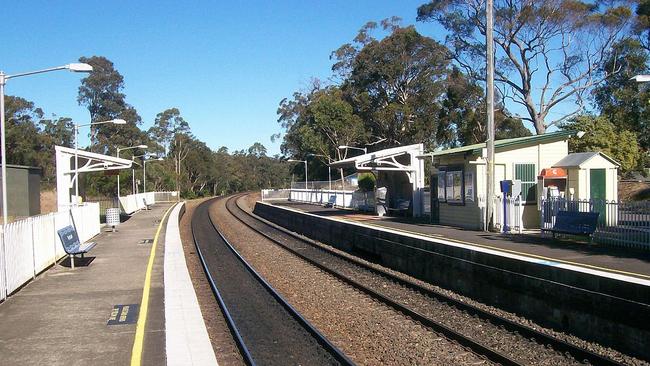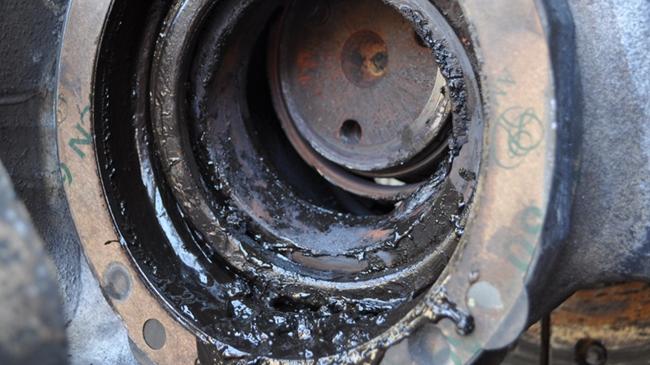NSW Trainlink fire in Southern Highlands cause revealed
A train driver was forced to try and put out a fire onboard a passenger service after he saw smoke billowing from his window, causing lengthy delays for travellers. Now the cause of the blaze can be revealed.

The Bowral News
Don't miss out on the headlines from The Bowral News. Followed categories will be added to My News.
A fire on a Southern Highlands train forced an evacuation and lengthy delays for travellers last year – and the cause has now been revealed.
On October 13 last year, the 20 passengers on the NSW Trainlink service from Campbelltown to Moss Vale were forced to evacuate the train at Yerrinbool, when the train guard heard a loud noise and noticed smoke outside the window.

After bringing the two-car train to a stop at the quiet country station, the driver bravely attempted to put out the fire using an on-board fire extinguisher but the blaze continued to burn. NSW Fire and Rescue attended the scene and successfully contained the fire without any injuries.
An initial inspection revealed the axle box was heat affected and the vitally important speed sensor and rubber suspension were heavily damaged.
A thorough investigation by the Office of Transport Safety Investigations has revealed the fire was the result of a collapsed axle bearing on a wheel of the last car on the train.
Chief investigator, Dr Natalie Pelham, concluded the axle had not been properly fitted three months prior to the fire.
“The investigation determined the bearing failed when the axle end cap bolts loosened and one fractured, which caused the collapse of the bearing, resulting in frictional heat, and the fire,” she said.
“The axle bearing installation process was not sufficient to ensure the tabs on the locking plate were installed correctly during a refurbishment three months before the incident.”
The fire spurred an inspection of the entire fleet and an audit of the contractor responsible for maintaining the trains.

A spokesperson for Sydney Trains, the entity responsible for the maintenance of the trains, said the company took “immediate action to prevent a recurrence”.
“The safety of our staff and customers is our utmost priority,” the spokesperson said.
“Any safety incident is always addressed thoroughly, and as a matter of urgency.”
According to the Sydney Trains spokesperson, all trains undergo a daily assessment of the essential systems and routinely undergo more thorough inspections based on time in service or distance travelled.
Despite the efforts, Dr Pelham noted “(b)earing failures continue to occur within the Australian rail network”.
Dr Pelham said the fire was an important reminder of the importance of quality installation procedures and continued maintenance of axle bearings.





